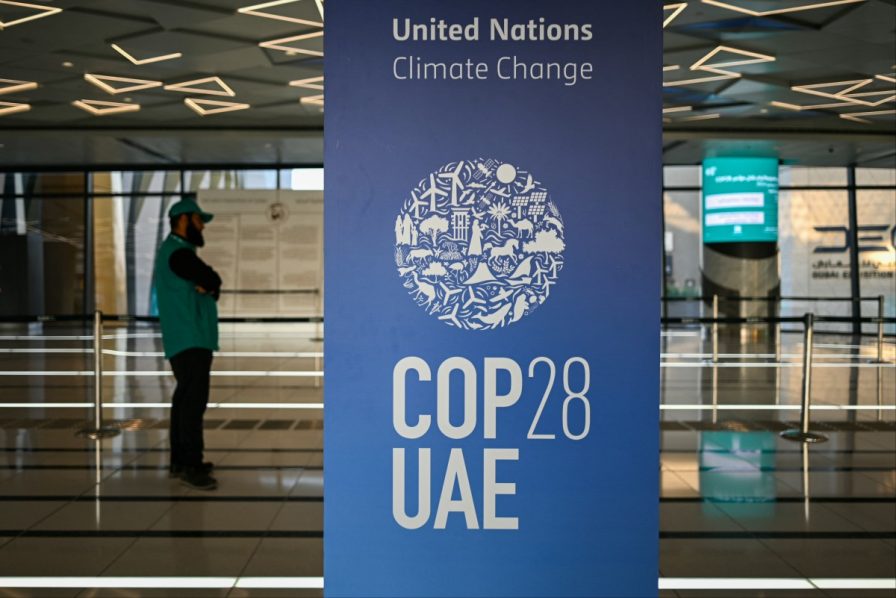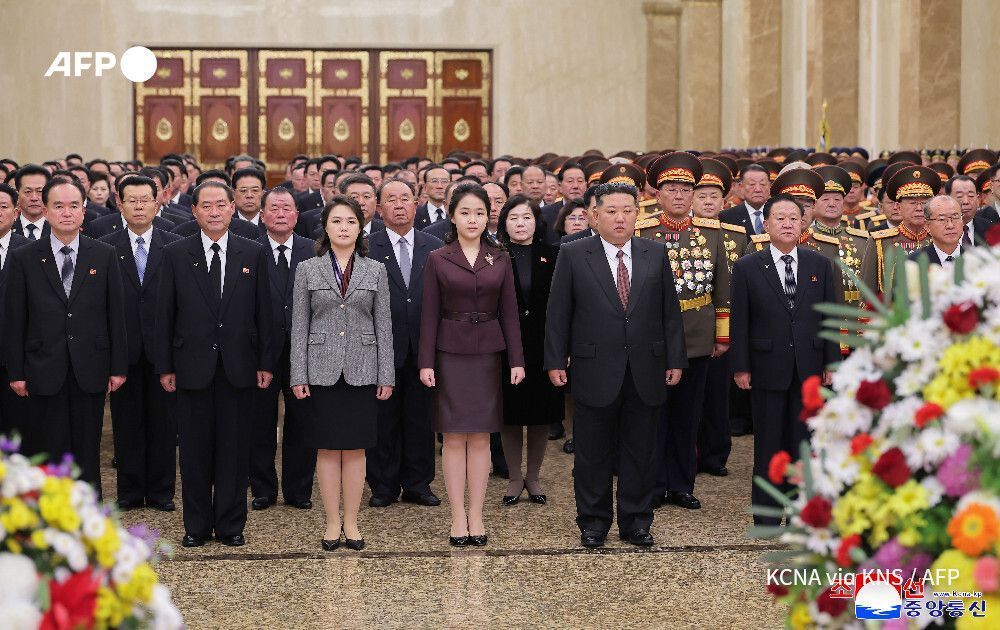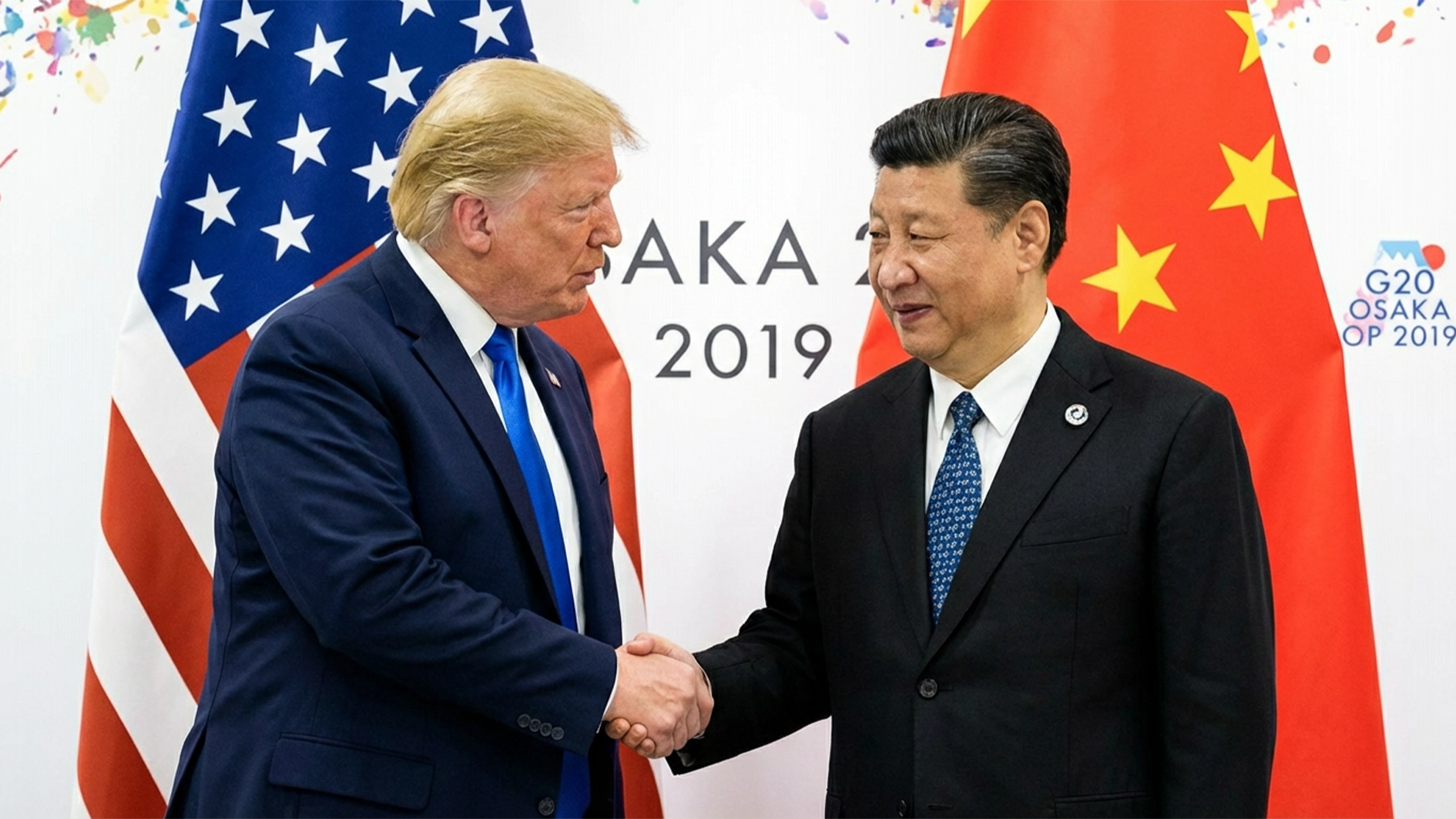
Almost 200 countries are working to salvage a global deal on climate change, after a backlash on fossil fuels during COP28 talks in Dubai.
A new draft deal is expected to be published later, which negotiators will immediately scrutinise to see what’s changed on fossil fuels.
Source tells BBC the new text will be “more ambitious” than the previous draft, and negotiations to agree deal will run through the night if necessary
America, EU, small island nations and the UK were among those who criticised the draft published on Monday, saying it didn’t go far enough.
Some had hoped the world would commit to phasing out coal, oil and gas for the first time, but wording on this was unexpectedly dropped.
However, a COP28 chief said the latest proposal was a “starting point” and they had spent the night getting “feedback”.
All 198 countries must agree for there to be a deal.
Burning fossil fuels drives global warming, risking millions of lives. So far, governments have never collectively agreed to stop using them.
Uganda is one of quite a few developing countries that opposes an agreement to get rid of fossil fuels, and its energy minister, Ruth Nankabirwa Ssentamu, isn’t remotely embarrassed about it.
She isn’t a climate denier. She says climate change is already causing problems in her country and she expects them to get worse.
And Uganda already has an ambitious plan to roll out renewable energy – even nuclear power, in the effort to go green.
But she says that transition can’t happen without the profits Uganda expects to earn from its fossil fuel reserves.
“The transition is not cheap,” the minister tells me. “You’re not just going to kneel down and pray to God and see a transition. It takes money.”
The current plan is to use some of the $47 billion she says Uganda’s oil and gas reserves are reckoned to be worth.
And she’s worried those reserves won’t be worth anything near as much as that if the world signs up to a deal to phase the stuff out.
That’s why “phasing out is completely out” for Uganda, she says.
Unless, she suggests, rich countries are willing to step up and help out with the finance, but there is no sign of that happening at the moment.
The developed world got rich by burning fossil fuels and they created the climate crisis in the process, running the powerful logic of most of the developing world.
Surely it is only fair that rich countries now chip in to help poorer countries avoid doing the same?






